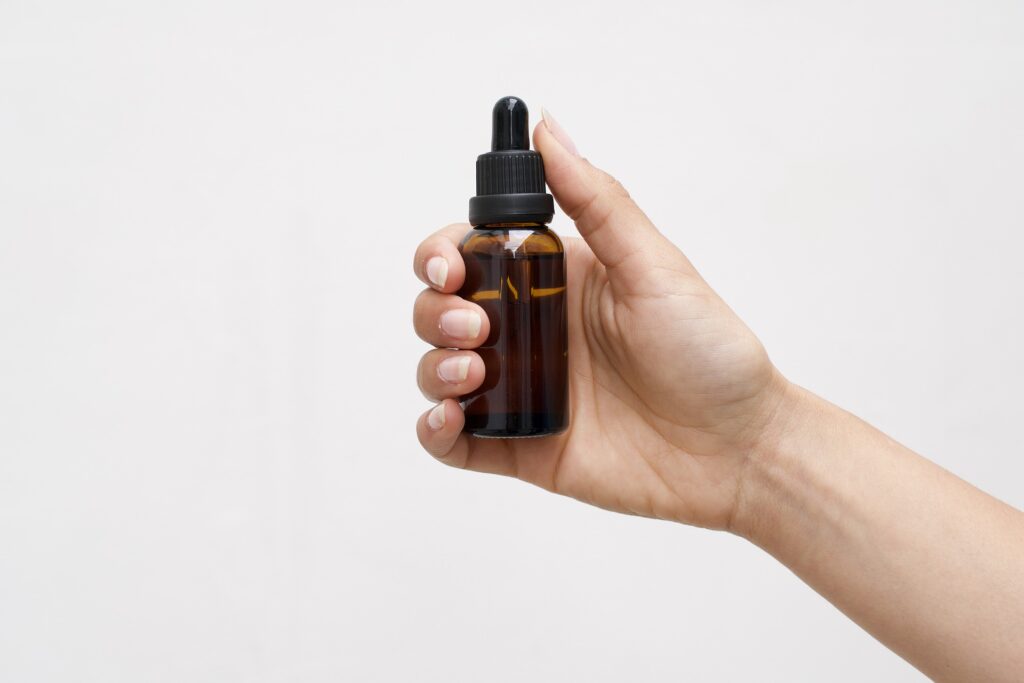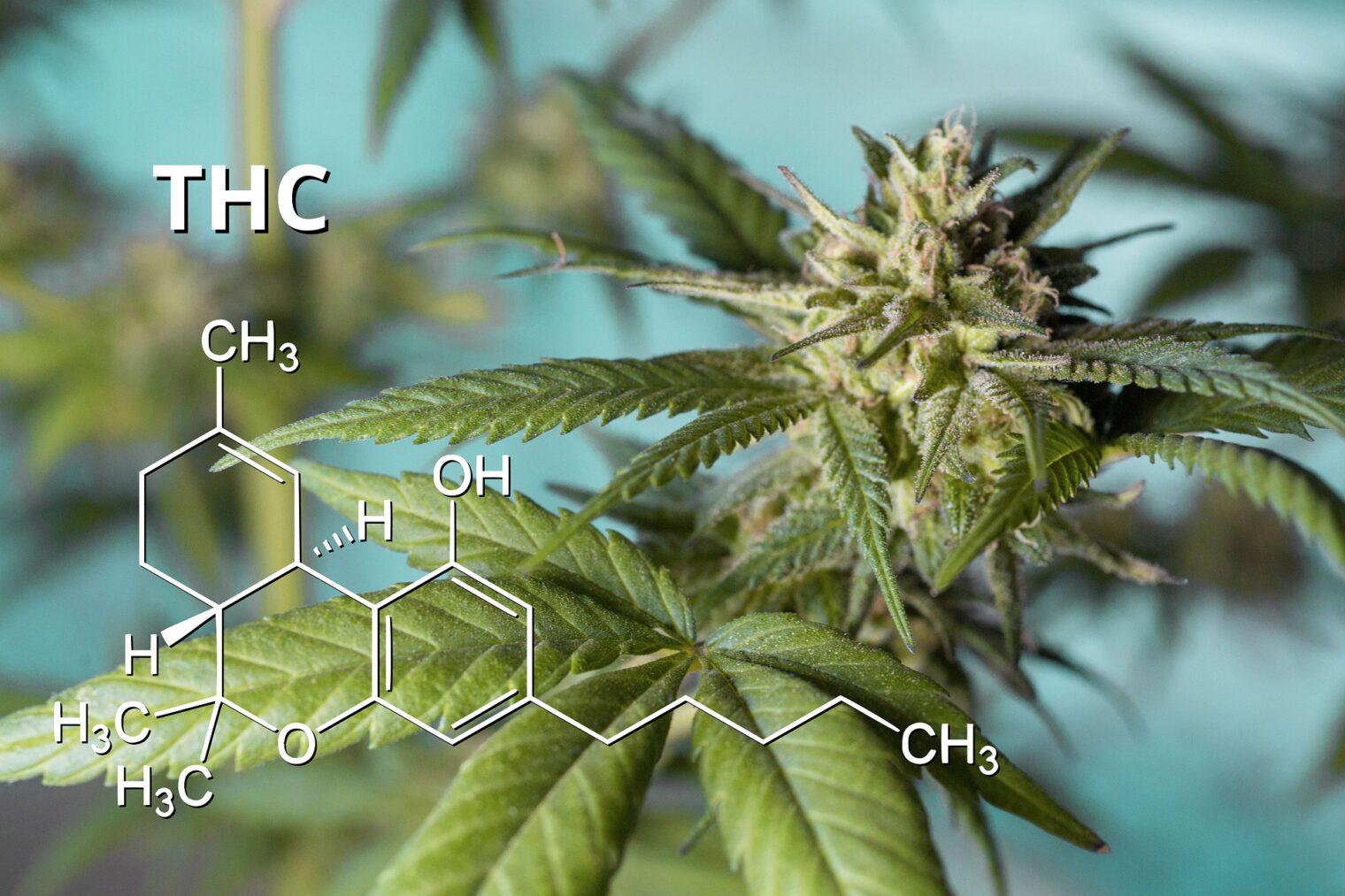Managing THC Tolerance: Tips for Avoiding Cannabis Overuse and Dependence
In the growing landscape of cannabis legalization and use, both for medicinal and recreational purposes, the concept of THC tolerance has become a crucial topic for discussion. THC, or tetrahydrocannabinol, is the primary psychoactive component in cannabis, responsible for the euphoria and relaxation many users seek.
However, with regular consumption, individuals may find themselves facing increased tolerance, requiring higher doses to achieve the same effects, potentially leading to overuse and dependence. This article explores strategies for managing THC tolerance, aiming to provide users with the knowledge to enjoy cannabis responsibly while avoiding the pitfalls of tolerance buildup.
Understanding THC Tolerance
THC tolerance occurs when the body becomes accustomed to the presence of THC, leading to diminished effects from the same dosage over time. This phenomenon is largely due to the adaptation of the brain’s cannabinoid receptors, which become less sensitive to THC. The rate at which tolerance develops can vary significantly among individuals, influenced by factors such as metabolism, body chemistry, frequency of use, and the potency of the cannabis consumed.
Recognizing the Signs of Increased Tolerance
Increased THC tolerance manifests in several ways, including the need to consume larger quantities of cannabis to achieve previously attainable effects, experiencing shorter durations of the high, and a noticeable decrease in the intensity of effects. Recognizing these signs early can empower users to take proactive steps in managing their tolerance.
Effective Strategies for Managing THC Tolerance
- Implement Tolerance Breaks: Taking regular breaks from cannabis, known as tolerance breaks or T-breaks, can significantly reduce THC tolerance. These breaks give the body’s cannabinoid receptors time to reset, often resulting in a more potent experience with lower quantities of cannabis upon resumption. The length of a T-break can vary, but even a short period of abstinence, such as a week, can be beneficial.
- Practice Moderation in Consumption: Establishing limits on how often and how much cannabis one consumes can prevent the swift development of tolerance. Using cannabis sparingly or only as needed for medicinal purposes can help maintain its effectiveness over time.
- Opt for Lower THC Strains or Balanced CBD:THC Ratios: Exploring cannabis strains with lower THC levels or balanced CBD (cannabidiol) to THC ratios can mitigate the rapid development of tolerance. CBD can also counteract some of THC’s psychoactive effects, providing a more balanced experience.
- Vary Consumption Methods: Alternating between different methods of cannabis consumption (such as smoking, vaping, edibles, and tinctures) can prevent the overstimulation of cannabinoid receptors specific to one consumption method, helping manage tolerance.
- Quality Over Quantity: Choosing high-quality cannabis that provides the desired effects with smaller amounts can reduce the need for increasing doses, thereby managing tolerance levels.
- Designate THC-Free Days: Incorporating days without THC into one’s routine can help maintain a lower tolerance. These days can also be an opportunity to explore other interests or relaxation methods that don’t involve cannabis use.
- Mindful Consumption: Being mindful of the reasons behind cannabis use and the effects it has on your body and mind can lead to more intentional and controlled consumption, aiding in tolerance management.
Addressing Cannabis Overuse and Dependence
While cannabis is often considered to have a lower risk of addiction compared to other substances, the potential for overuse and dependence exists, especially with frequent use of high-THC products. Overuse can lead to negative outcomes, such as decreased motivation, cognitive impairment, and withdrawal symptoms upon cessation. By managing THC tolerance effectively, users can reduce the risk of dependence and maintain a healthy relationship with cannabis.
Beyond managing THC tolerance, incorporating practices such as physical exercise, mindfulness meditation, and engaging in hobbies can enhance overall well-being and reduce the reliance on cannabis for relaxation or mood enhancement. These practices can also help fill the void during tolerance breaks, making them more manageable and beneficial.

Leveraging Support Systems and Professional Guidance
An often-overlooked aspect of managing THC tolerance and preventing cannabis overuse and dependence is the importance of leveraging support systems and seeking professional guidance. Engaging with healthcare professionals, therapists, or counselors who understand cannabis use can provide personalized advice tailored to individual needs and circumstances. These experts can offer strategies for moderation, recommend tolerance management techniques, and provide support for those struggling with dependence.
Additionally, community support groups, either online or in person, can offer valuable insights and encouragement from others who have faced similar challenges. Sharing experiences and coping strategies in a supportive environment can enhance motivation and provide a sense of belonging, making the journey towards responsible cannabis use less isolating.
Educational resources…
Educational resources, such as workshops and seminars focusing on cannabis knowledge and harm reduction strategies, can also play a crucial role in informed decision-making. Staying informed about the latest research on cannabis, THC tolerance, and dependence helps users make educated choices about their consumption habits.
Incorporating these additional resources into one’s approach to managing THC tolerance not only enhances individual strategies but also builds a comprehensive support network. This network can empower users to maintain control over their cannabis use, ensuring it remains a positive and beneficial part of their lives.
Understanding THC Tolerance
Managing THC tolerance is an essential aspect of responsible cannabis use. By recognizing the signs of increased tolerance and implementing strategies such as tolerance breaks, moderation, exploring lower THC options, varying consumption methods, focusing on quality, incorporating THC-free days, and mindful use, individuals can enjoy the benefits of cannabis while minimizing the risks of overuse and dependence.
As the cannabis industry and our understanding of its effects continue to evolve, so too should our approaches to consumption. Ensuring a balanced and informed relationship with cannabis is key to maximizing its potential benefits while safeguarding against the challenges of tolerance and dependence.
Everyone is different when it comes to tolerance of anything. Some people can handle it, and some can’t. And that’s just the way life is. So, you need to understand your own personal tolerance levels to know what you can take or not. But I suppose that is just a common sense thing to say.


